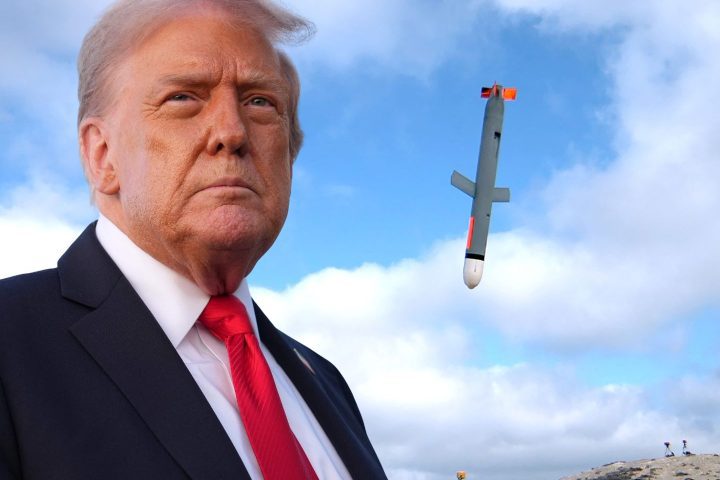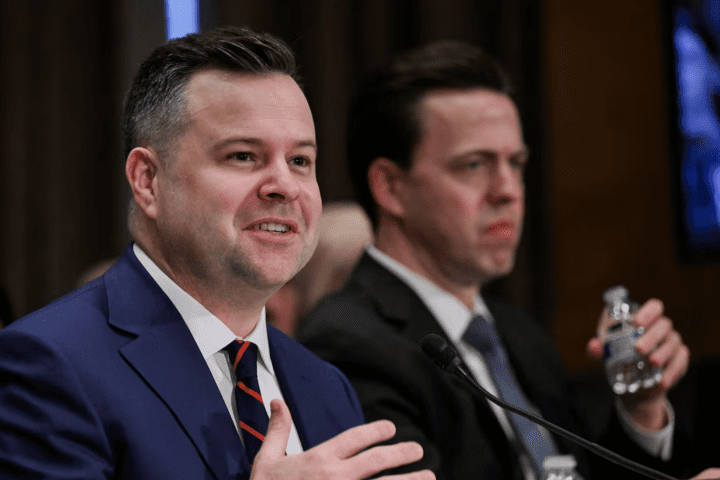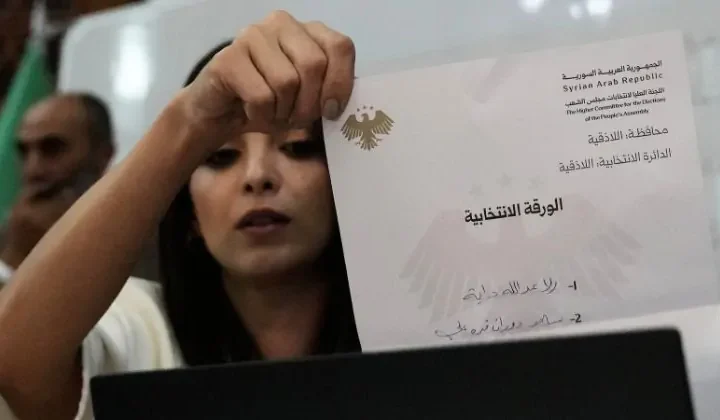On Monday, Illinois officials filed a lawsuit to prevent the deployment of hundreds of federal National Guard troops to the streets of Chicago at the direction of President Donald Trump.
The move is part of a growing number of lawsuits challenging the Republican president’s authority to deploy military forces domestically.
Illinois Sues to Stop Trump’s National Guard Deployment
The lawsuit, filed by the state and the city of Chicago, came hours after a federal judge in Oregon temporarily blocked the Trump administration from deploying National Guard troops to maintain order in Portland.
This is the fourth lawsuit related to Trump’s attempts to use the military to disperse protests and strengthen immigration enforcement.
Illinois’ Complaints
The lawsuit alleges that the Trump administration illegally federalized nearly 300 Illinois National Guard troops, despite the objections of Democratic Governor J.B. Pritzker, and deployed an additional 400 Guardsmen from Texas to Chicago.
“These actions are part of the President’s declared ‘war’ against Chicago and Illinois. They are unlawful and dangerous,” the complaint states.
The plaintiffs argue that the White House is using a “flimsy pretext” to claim that the troops are needed to protect an immigration enforcement building amid protests against the administration’s deportation policies.
The state argues that Trump’s actions violate federal law, including the Posse Comitatus Act, as well as the 10th Amendment of the U.S. Constitution, which protects states’ rights. Illinois officials claim the president abused his authority by usurping the governor’s role as commander-in-chief of the state’s National Guard and interfering with local law enforcement.

White House Response
The White House called the president’s actions necessary to “protect federal employees from violence.”
“President Trump will not stand idly by in the face of lawlessness,” said press secretary Abigail Jackson.
However, the Illinois lawsuit emphasizes that the protests in Chicago were small and largely peaceful, and that the situation escalated due to the actions of federal forces.
Legal Consequences and Court Response
Courts in California and Oregon have already found that the president abused his authority by taking control of those states’ National Guard forces and using them as police.
These cases are under appeal, but the highest court has temporarily allowed the White House to retain control of the California Guard.
In Washington, a court has not yet ruled on the legality of deploying troops to the capital.
Meanwhile, Trump has announced his intention to deploy troops to other Democratic-controlled cities, including Baltimore, New York, and Oakland.
Local officials view these actions as a tool of political pressure, while the president claims that “high crime rates and protests” require a national response.
Additional lawsuit
In addition to the Illinois lawsuit, a group of journalists and protesters from Chicago also filed a lawsuit on Monday, claiming the administration’s actions violated their First Amendment right to free speech.
The lawsuit states that the Department of Homeland Security used “brutal suppression methods”—tear gas, pepper spray, and rubber bullets—even against peaceful protesters and media representatives.
Questions Raised Over Legal Grounds for Military Action
According to a notice sent to Congress, the U.S. president has declared that the country is in a de facto “armed conflict” with drug cartels.
The move is intended to give the White House legal justification to use military force against groups designated as terrorist organizations, following a series of attacks on vessels in the Caribbean.














